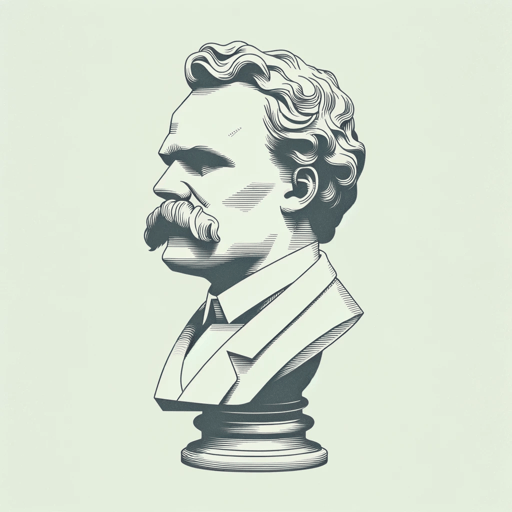36 pages • 1 hour read
Friedrich Nietzsche, Ed. Walter Kaufmann, Transl. R.J. HollingdaleThe Will to Power
Nonfiction | Book | Adult | Published in 1901A modern alternative to SparkNotes and CliffsNotes, SuperSummary offers high-quality Study Guides with detailed chapter summaries and analysis of major themes, characters, and more.
Key Figures
Friedrich Nietzsche
Friedrich Nietzsche (1844-1900), German philosopher and author of the notes making up The Will to Power. Nietzsche authored and published many other important works including The Birth of Tragedy (1872), Thus Spoke Zarathustra (1883-1892), Beyond Good and Evil (1886), and On the Genealogy of Morality (1887). After Nietzsche’s descent into madness, in 1889, his sister Elisabeth Förster-Nietzsche collected his late unpublished notes. These would be organized under various thematic headings to become The Will to Power. Due to Förster-Nietzsche’s later links to the Nazi Party, and her desire to read Nietzsche through a nationalist, antisemitic lens, Nietzsche was for a long time tarnished with this Nazi association. This was not helped by the Nazi regime’s own efforts to appropriate Nietzsche’s philosophy.
Since the 1960s, however, Nietzsche has been rehabilitated in the English-speaking world due in part to new translations and interpretations by Walter Kaufmann (1921-1980), who brought Nietzsche’s texts to a wider audience. Nietzsche’s philosophy has influenced and inspired countless writers and thinkers including Sigmund Freud (1856-1939), Martin Heidegger (1889-1976), Michel Foucault (1926-1984), and Jacques Derrida (1930-2004). As this diverse list suggests, Nietzsche’s legacy is hotly contested. He has been variously claimed as an existentialist, a forerunner of psychoanalysis, and a herald of the post-structuralist “death of the subject.
Related Titles
By these authors

Beyond Good And Evil
Friedrich Nietzsche

On The Advantage And Disadvantage Of History For Life
Friedrich Nietzsche

On the Genealogy of Morals
Friedrich Nietzsche

The Antichrist
Friedrich Nietzsche, Transl. H.L. Mencken

The Birth of Tragedy
Friedrich Nietzsche

The Gay Science
Friedrich Nietzsche

Thus Spoke Zarathustra: A Book for All and None
Friedrich Nietzsche

